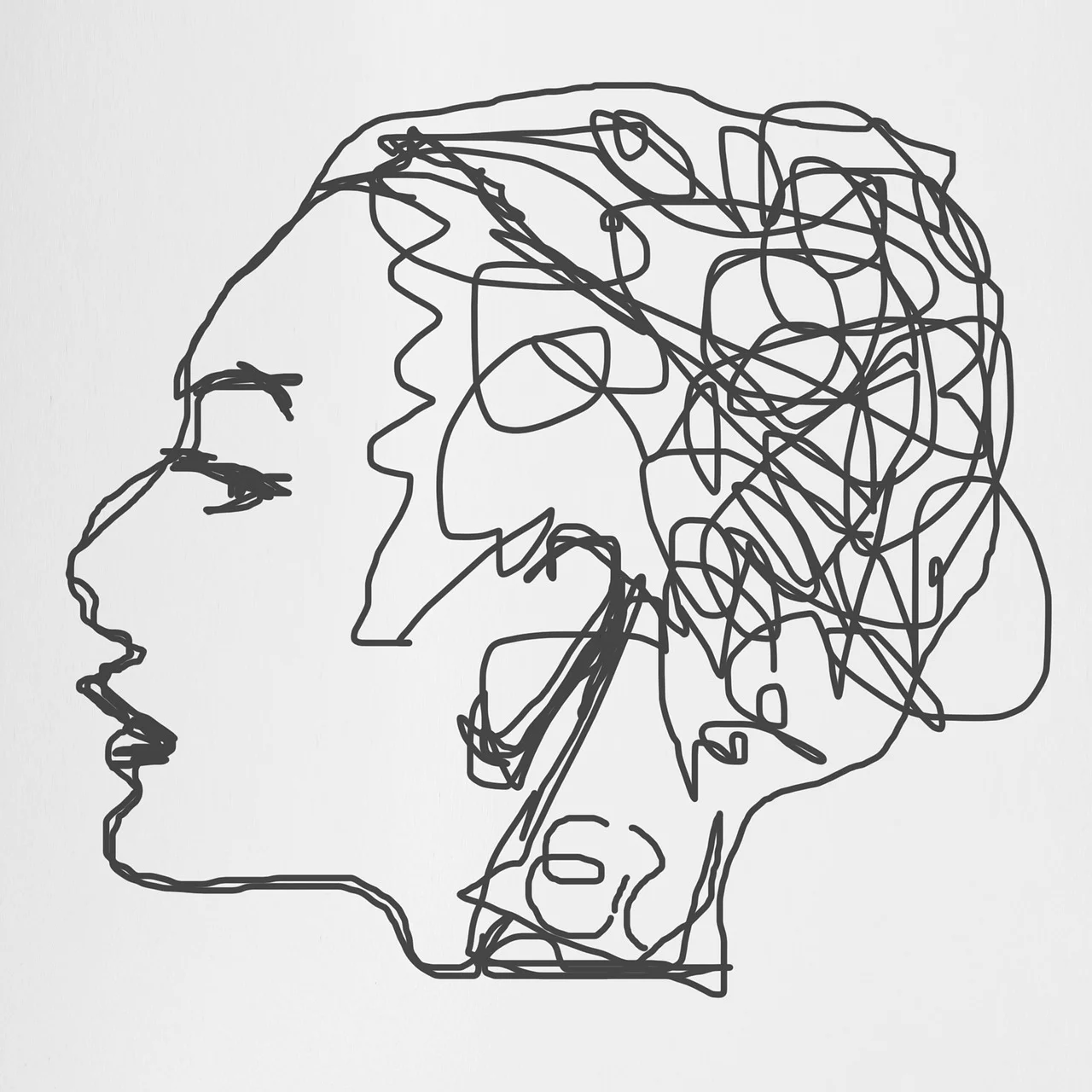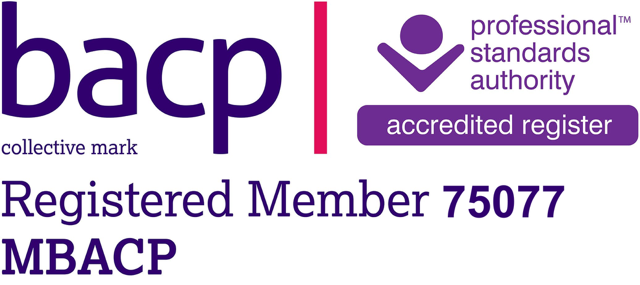Anxiety
Anxiety occurs naturally when faced with various life events, such as taking an exam, or a driving test and the feeling will usually go away once the event is over.
However, for some anxiety is prolonged, and it is extremely debilitating and distressing. Symptoms can prevent someone from living their life to their full potential, such as working, socialising or seeking new experiences.
A person may become low in mood, isolated, lonely and withdrawn.
During a period of anxiety and stress, hormones such as Adrenaline and Cortisol flood the body, causing symptoms that can include breathlessness, tight chest, rapid heartbeat, a feeling of panic or dread, sometimes accompanied by fear or terror, panic attacks, nausea, and sweating. Not all symptoms are present though.
Sometimes there is simply a feeling of unease or body tension.
A person may feel relatively well, without any sense of anxiety and then an panic attack may appear to come out of nowhere.
This could be a sign that the autonomic nervous system is highly stressed and potentially in a state of constant high alert.


Learning about oneself can help gain insight to potential triggers and to recognise signs.
Therapy can also help develop preventative strategies through techniques such as mindfulness meditation and conscious breathing exercises.
My practice is located in Bournemouth and is within easy reach of surrounding areas. Both on road and off road parking is available.
I also offer webcam counselling using Zoom, telephone counselling, or home visits for those who are home bound.


